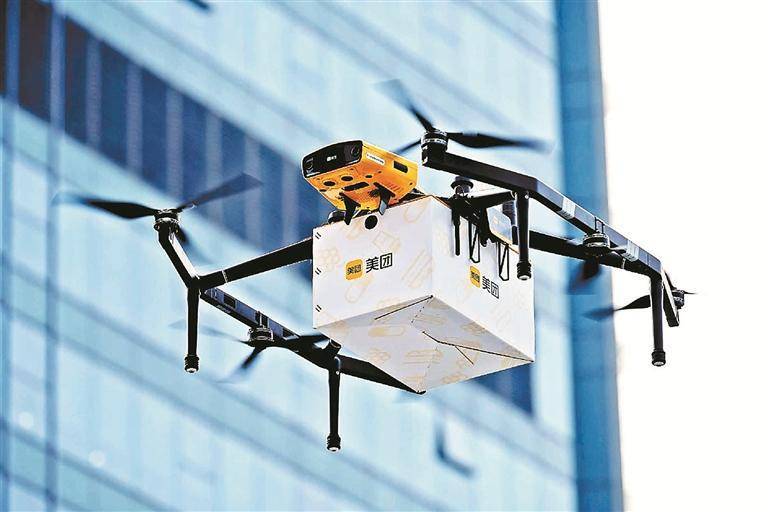In today’s rapidly advancing world, agriculture is keeping pace by integrating cutting-edge technology, such as sprayer drones, to enhance efficiency and productivity. These versatile drones are designed to revolutionize the way farmers apply fertilizers and pesticides, transforming traditional practices into more automated and precise methods. Let’s delve into the intricacies of sprayer drone technology, explore its benefits, and understand how it is reshaping the agricultural landscape. The use of unmanned aerial vehicles (UAVs) in agriculture has opened up a myriad of opportunities. A sprayer drone, equipped with state-of-the-art sensors and GPS technology, enables farmers to precisely target specific areas of a field. This targeted approach not only optimizes the use of agrochemicals but also reduces environmental impact, which is increasingly important in today’s eco-conscious society. Sprayer drones are outfitted with sophisticated systems capable of mapping crops and monitoring plant health. They can hover at optimal heights, ensuring an even distribution of chemicals over large swathes of land. The technology behind these drones includes advanced nozzles and pumps that can adapt to varying speeds and altitudes, providing uniform application and minimizing waste.
Benefits of Utilizing Sprayer Drones
The advantages of employing sprayer drones in agriculture are numerous. First and foremost is the increase in efficiency. Traditional methods of spray application often require significant time and labor. A sprayer drone, however, can cover vast areas in a fraction of the time, reducing labor costs and improving productivity. Moreover, using drones in agriculture enhances safety. By minimizing human exposure to hazardous chemicals, farmers can focus on other essential tasks, thus streamlining operations. Additionally, sprayer drones can operate in challenging terrains where manual spraying may be impractical or unsafe, such as steep hills or muddy fields.
- Enhanced precision in chemical application
- Reduction in chemical usage and wastage
- Minimization of environmental footprint
- Ability to access hard-to-reach areas
Furthermore, sprayer drones contribute significantly to sustainable farming practices. By minimizing chemical runoff and ensuring that agrochemicals are applied only where needed, these drones support efforts to protect water supplies and promote healthier ecosystems. As the global population continues to grow, sustainable farming practices become crucial in ensuring food security.
Diversified uses extend beyond spraying. These drones are capable of performing tasks such as mapping, monitoring plant growth, and collecting data crucial for precision agriculture. This versatility enables farmers to make informed decisions, improving crop yields and overall farm management.
Challenges and Considerations
Despite the numerous advantages sprayer drones offer, there are challenges that must be addressed. Regulatory concerns surrounding drone usage can vary significantly from region to region. Farmers must navigate these regulations to ensure compliance and safe operation. Additionally, while the initial investment in drone technology can be substantial, the long-term savings in labor and material costs often justify the expenditure.
Another consideration is the need for specialized knowledge. Operators must be trained in both drone piloting and understanding the software and sensors that accompany these devices. Nonetheless, many manufacturers offer comprehensive training programs to facilitate adoption.
Sprayer drones are not just a tool but a gateway to a more efficient and sustainable agricultural future.
FAQs
Are sprayer drones difficult to operate?
While sprayer drones require specialized training, manufacturers often provide accessible programs to teach farmers how to effectively utilize them. This ensures smooth integration into existing farm operations.
Will using sprayer drones increase my farming costs?
Though the initial investment may be high, the decrease in manual labor and optimized chemical use typically leads to cost savings, making it a worthwhile long-term investment.
How do sprayer drones contribute to environmental sustainability?

Sprayer drones minimize chemical wastage and runoff, targeting only necessary areas, which reduces the overall environmental impact, promoting a healthier ecosystem.